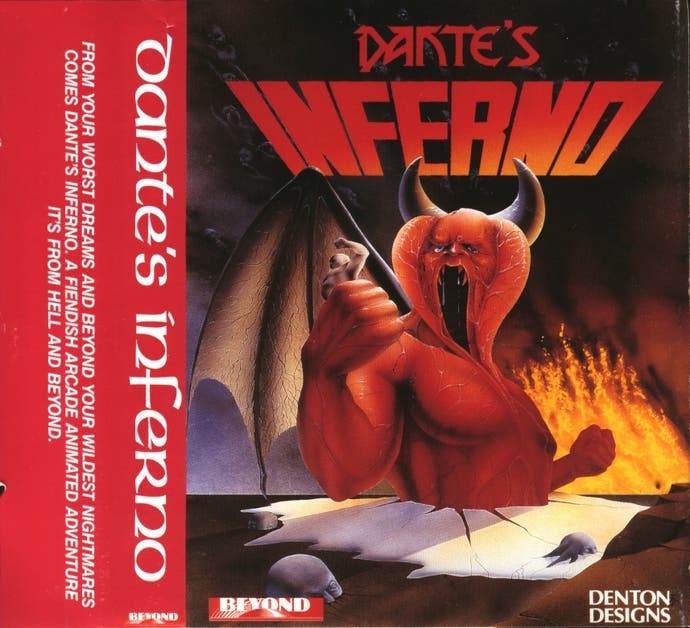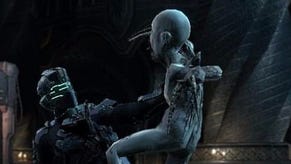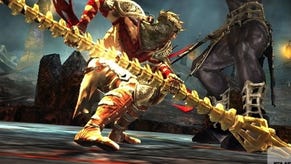Dante: from text to TV
Fiction burns.
To judge the significance of a figure to a particular culture, you don't need to assess the weight of scholarly opinion concealed in a long-forgotten corner of a library, nor to seek out the affirmation of cobweb-brained contemporary intellectuals. You simply need to go out on the piss in his home town.
Dante Alighieri is Italy's great literary figure, and Florence was his home. We've come here for the global unveiling of Dante's Inferno, a story-driven action game from EA based on the first part of The Divine Comedy. Yes, there are Dante museums, statues, memorials and monuments, but his cultural resonance is felt most keenly on the street, in the Dante ice cream parlour, or the numerous Dante bars tucked away in the elaborate network of medieval streets. It's essential to experience them all to get a real taste of the man. Heck, his chops are even on the local coins.
The broader cultural influence of The Divine Comedy stretches far beyond the banks of the Arno river, and even the Italian border. In modern pop culture its words and themes have been kidnapped by artists such as Radiohead and Sepultura, as well as inspiring the name of Neil Hannon's band. It's there in movies like Se7en and Hannibal; or, more strikingly, the 1935 Spencer Tracy flick, Dante's Inferno. And it's proved rich pickings for videogame makers, having been notably ransacked by Capcom for its Devil May Cry series while receiving furtive nudges, winks and admiring glances in countless others.
But EA is the first to attempt a direct adaptation since Denton Designs had a crack on C64 in 1986. On the one hand, it's a naked God of War clone; on the other, it's a mark of the publisher's self-proclaimed desire to prove that classic literature is not the preserve of the bookstore, the movie or the TV adaptation.
Great license may have been taken with his videogame reincarnation, but Dante Alighieri's real-life story of love, loss, high political drama and exile, during which he composed arguably the greatest poem of the European Middle-Ages, requires no embellishment. So, before we examine EA's take on the text, a little background.
Born in Florence in 1264, Dante was married at aged 20 to Gemma Donati, but the great love of his life was Beatrice, his muse. She died in 1290 and Dante never fully recovered from this loss; her memory would shape his writing until his own death. Dante became an intensely political man, entering civic life in 1295 and becoming a governor of Florence in 1300. It was in this role that he clashed ominously and decisively with Pope Boniface VIII, his nemesis.

After resisting intense papal pressure in defence of his own clear moral vision, first to free charged agents of the Pope, then to bankroll the warmongering of Charles II, an ally of Boniface, he sealed his fate. Corruption charges were fabricated, and in 1301 he was exiled from Florence and told he would be burned alive if he ever dared return. It'd make most people think twice.
This background is crucial to understanding The Divine Comedy, and the themes EA is trying to capture in its videogame adaptation. Fraudulently chased out of town, Dante started writing The Divine Comedy in 1308, completing the final part, Paradise, just before his death in 1321.





